2024 Relocation Guide (part 1): Essential Expat Guide
Moving to Mexico as an expat? This guide provides an essential roadmap covering visas, housing, healthcare, banking, and integration. Whether you're looking for expert assistance or doing it yourself, this structured breakdown ensures you navigate the process smoothly.
For expert advice and feedback on any of these topics, contact the licensed agents at Mycasa Real Estate today.
Table of Contents
- Key Takeaways
- Hiring an Immigration Specialist
- Mexican Immigration Process
- Relocation Services for Expats
- Settling In: Essential Steps
- Living and Working in Mexico
- Other Articles About Relocating to Mexico
- What Are Clients Saying About Mycasa Real Estate
- Frequently Asked Questions
Key Takeaways
Hiring an immigration specialist simplifies the visa process.
Mexico offers various visa options tailored to different needs.
Relocation services help with language, culture, housing, and paperwork.
Essential steps include opening a bank account and understanding healthcare.
Mexico offers a lower cost of living and a welcoming expat community
Hiring an Immigration Specialist
What is an Immigration Specialist?
An immigration specialist helps navigate residency visa applications. They are not necessarily attorneys but possess expertise in Mexico’s immigration procedures.
When to Hire One
Consider hiring a specialist if:
You want to expedite the process (can cut time from 6 months to just weeks).
You are unfamiliar with Mexican bureaucracy.
Your case involves complex legal requirements (family-based visas, economic solvency, etc.).
Cost Considerations
Hiring a facilitator costs between 6,000–14,000 MXN per person, varying by case complexity. Payment options include PayPal, Wise, or cash. A deposit is often required upfront.
Mexican Immigration Process
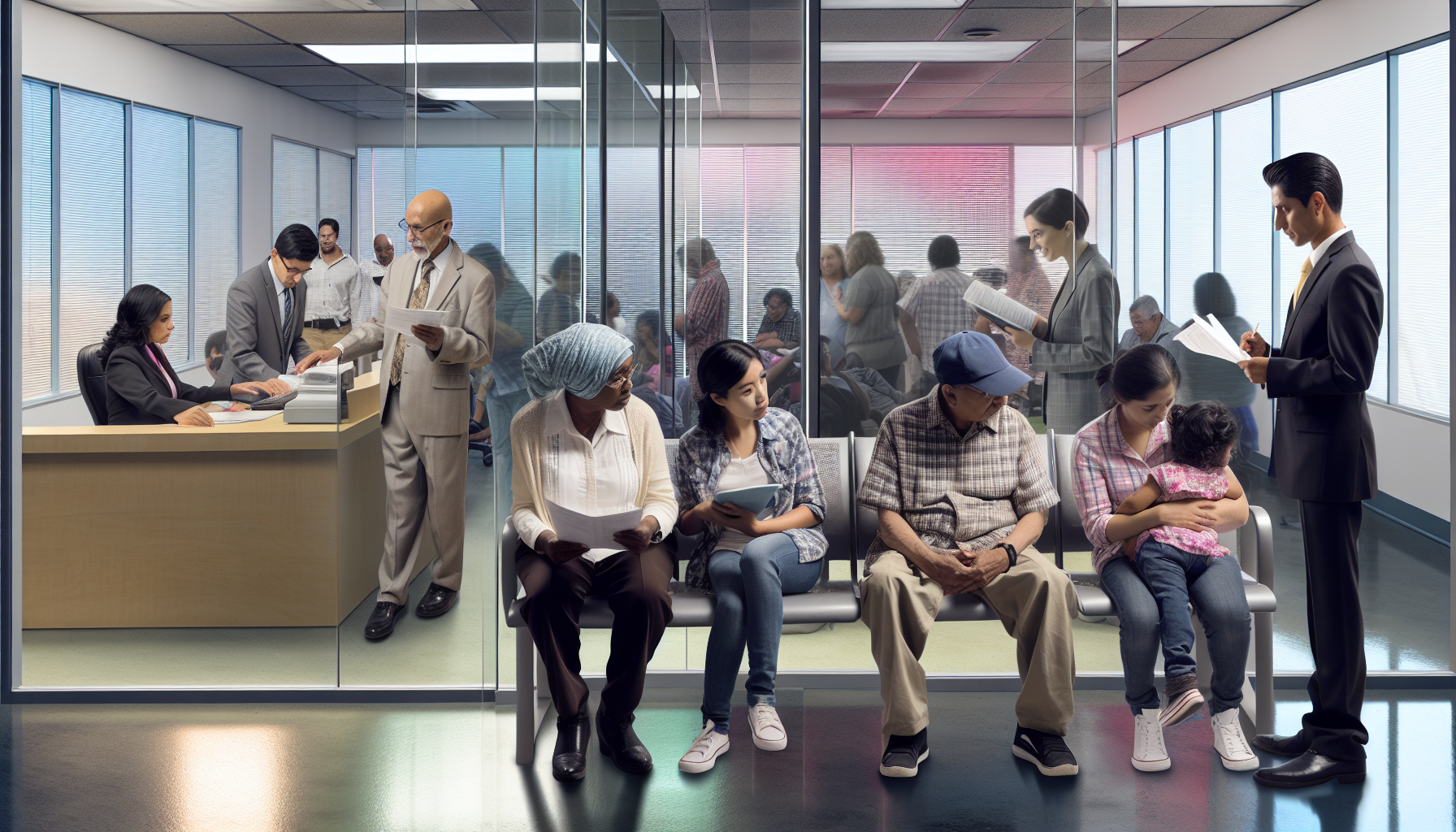
Types of Visas
Temporary Resident Visa: Ideal for long-term stays (renewable up to 4 years).
Permanent Resident Visa: Best for those seeking indefinite residency.
Tourist Visa: For short-term stays (up to 180 days).
Visa Requirements
Common requirements include:
Valid passport
Completed application form
Passport-sized photo
Proof of financial solvency (bank statements, job contracts, etc.)
A criminal record may affect eligibility.
Application Process
Gather necessary documents.
Schedule an appointment at the Mexican embassy.
Submit the application and pay the visa fee.
Processing takes up to 10 business days (varies by embassy).
Relocation Services for Expats
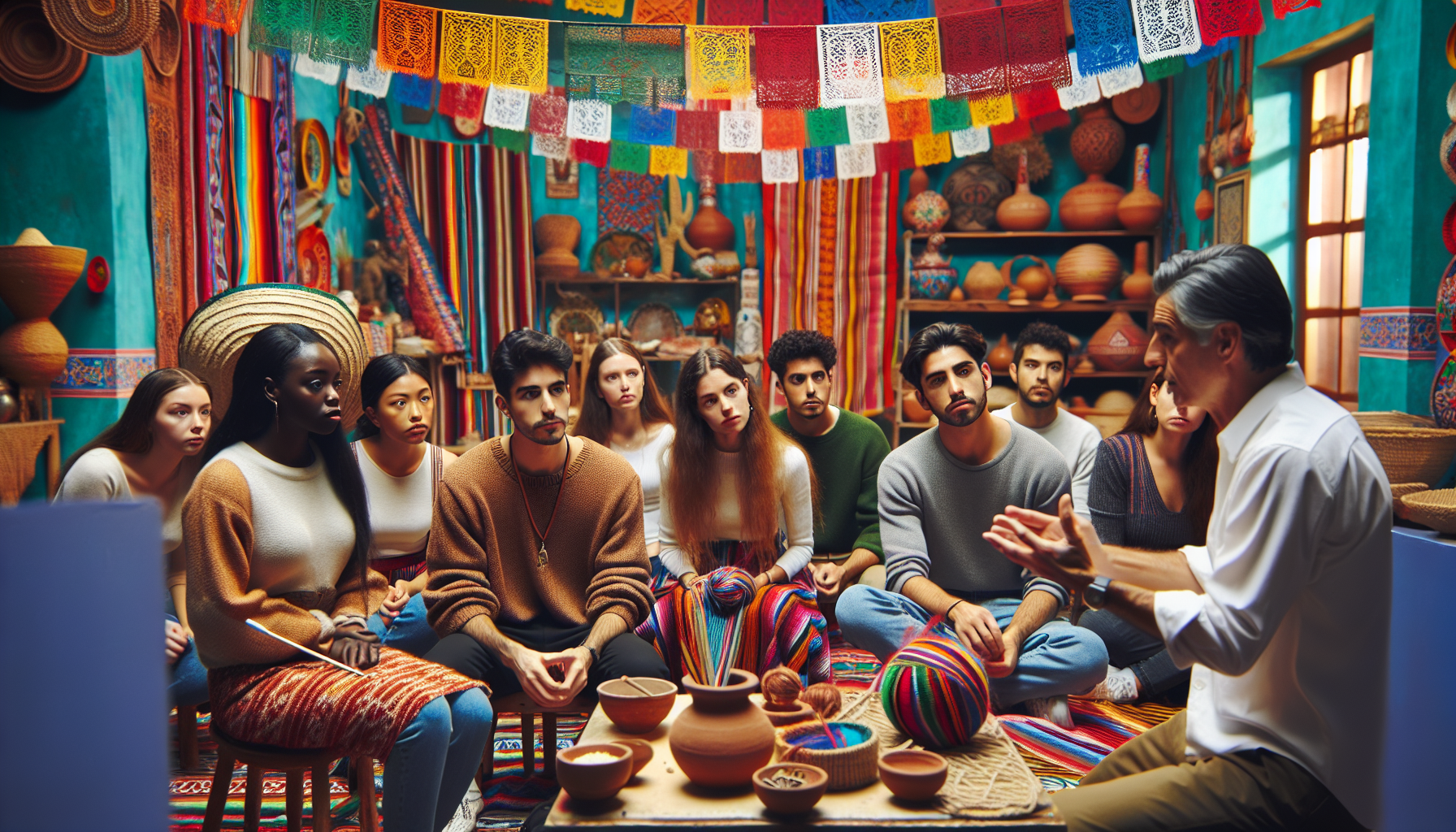
Language Learning
Learning Spanish is crucial for a smoother transition. Options include:
Immersion programs
Online courses
Private tutoring
Cultural Adaptation
Understanding Mexican customs is key. Cultural training covers:
Greetings & etiquette
Local business norms
Festivals & traditions
Programs like Global Business Culture and Startup Overseas offer structured cultural training.
Settling in: Essential Steps
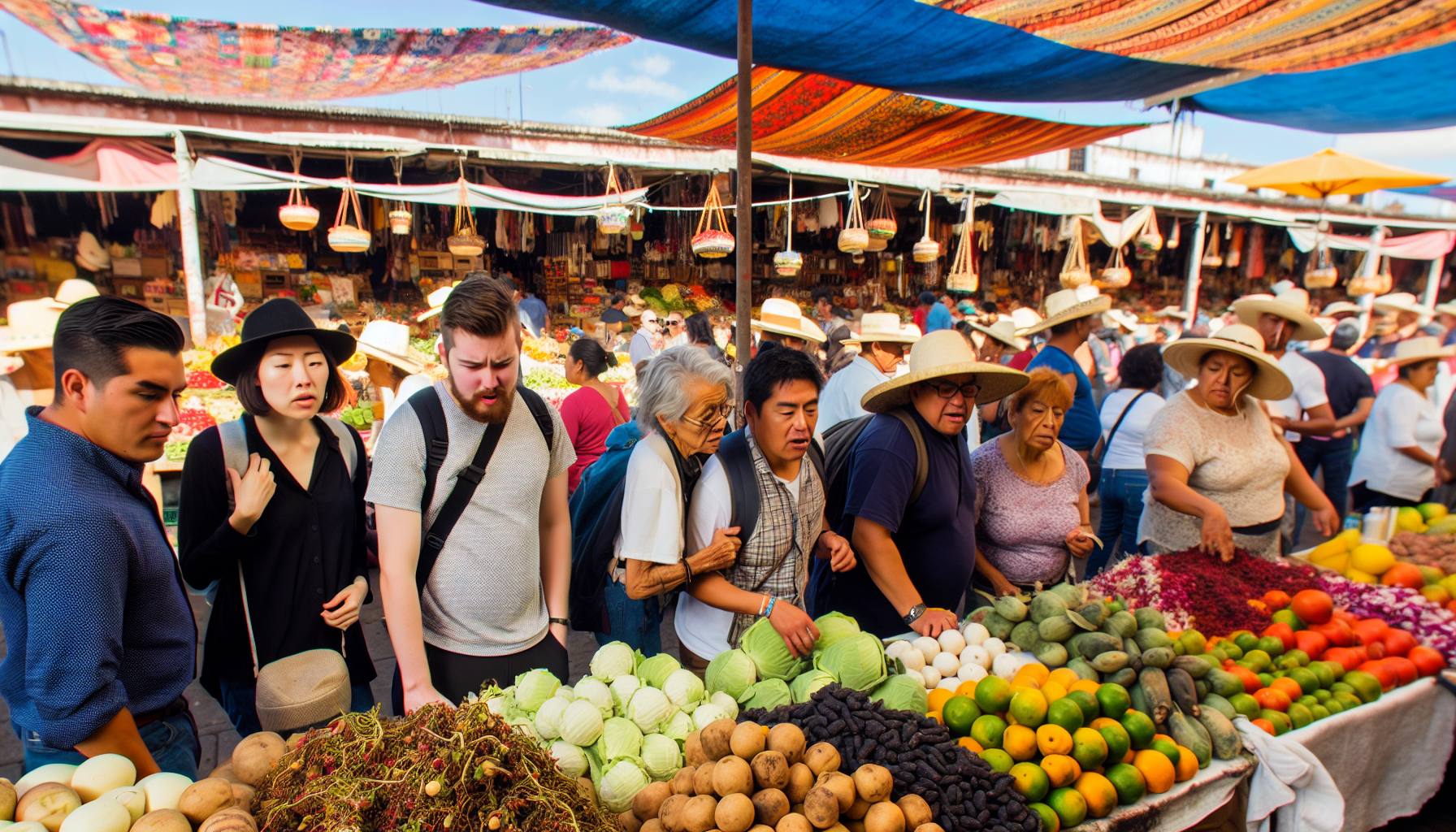
Opening a Bank Account
Required documents:
Passport
Proof of residence
Local address
Recommended banks for expats: Intercam Bank, CI Banco
Healthcare Options
Mexico offers public and private healthcare:
Public: IMSS (social security) & Seguro Popular
Private: Higher quality, faster services (often preferred by expats)
For more information click on our short 3 min youtube video called Expats' Guide to Medical Costs & Health Insurance in Riviera Maya, Mexico.
Education and Childcare
International Schools: American School Foundation, The Edron Academy
Daycare & Nannies: Available privately or through government programs
Living and Working in Mexico

Work Culture
Emphasis on teamwork and relationships
Family influence on business decisions
Strong work ethic but common work-life balance challenges
Cost of Living
Living expenses are significantly lower than in the U.S. and Canada. Costs depend on location and lifestyle.
Playa del Carmen & Mexico City: Moderate to high living costs
Smaller towns: Lower expenses
For more in-depth information click on our short 3 min video on youtube called "Costs of Living in Playa del Carmen ".
Social Life & Networking
Expats can connect through: Meetup groups, Facebook communities, networking events.
Cultural events and festivals: Great opportunities to meet locals.
International Schools
International schools are a popular choice for expat families, offering a variety of curricula and a multicultural environment. From The American School Foundation to The Edron Academy, Mexico’s international schools offer high-quality education that caters to a diverse student population.
Selecting the right school might seem challenging, but being aware of the process and requirements can render the experience smoother.
There are various options for children in the Riviera Maya and some of the more popular options are Colegio Ingles in Playa Del Carmen and Tulum, and The International German School of the Riviera Maya.
Childcare Facilities
For those with younger children, childcare facilities are an essential consideration. In Mexico, you have a choice of government-operated childcare centers or private daycare, with costs varying based on the child’s age and the specific facility. If you prefer a more personal approach, hiring a nanny is also a common practice in Mexico.
The qualifications for a professional nanny usually include a minimum age requirement, language proficiency, and a completed education.
Summary
Relocating to a new country like Mexico is a journey filled with excitement and challenges. From understanding the immigration process to settling into a new culture, every step offers a unique learning experience. With the right guidance and a positive attitude, the journey can be an enriching one, filled with opportunities to learn, grow, and make lasting memories.
Other Articles About Relocating to Mexico
Is it Safe for Americans to Buy Real Estate in Mexico
Why U.S. Expats Choose Mexico: Real Estate Insights 2024
Retire in Paradise: Top 10 Best Places for Expats 2024
Relocation Guide 2024 (part 9): 10 Warning Signs
Relocation Guide 2024 (part 8): How much Does it Cost to Build
What Are Clients Saying About Mycasa Real Estate?
"We have been beyond pleased...we felt in good hands the entire process." Jodi Ribar. Google Review
"...and within 5 minutes, she called me." Leanne Knox. Google Review
"He is incredibly knowledgeable about the area, knows all the details about the property..." Claudia Ruiz. Google Review
"She listened to every single detail of what I was looking for in a property..." Kendra Mangana-Adams. Google Review
Ready to book a trip and shop for your dream home, plan your trip with Google Travel
Frequently Asked Questions
Can I live on $500 a month in Mexico?
Possible, but challenging. A comfortable lifestyle generally requires more.
Is Mexico expat-friendly?
Absolutely! Mexico is ranked as one of the most popular expat destinations due to affordability, welcoming communities, and rich culture.
What does "expat" mean?
An expat (short for expatriate) is someone living outside their home country, typically for work, retirement, or lifestyle reasons.
What types of visas are available for expats?
Temporary Resident Visa
Permanent Resident Visa
Tourist Visa
Business Visa
Study Visa
Updated Feb 3 2025

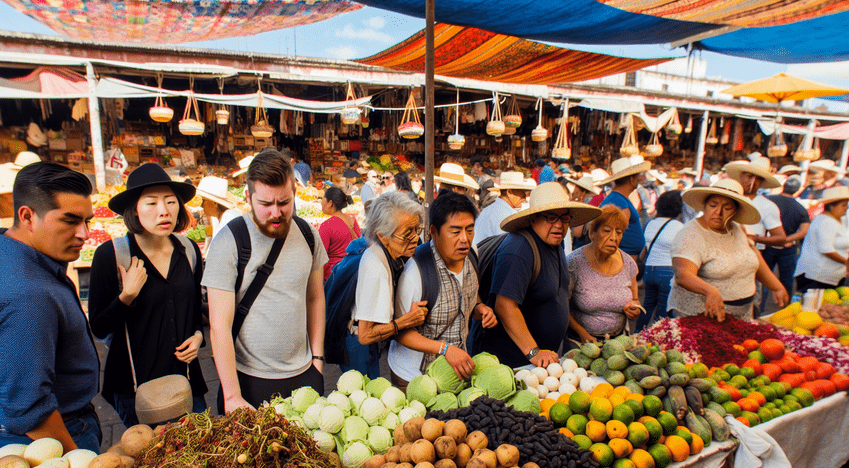
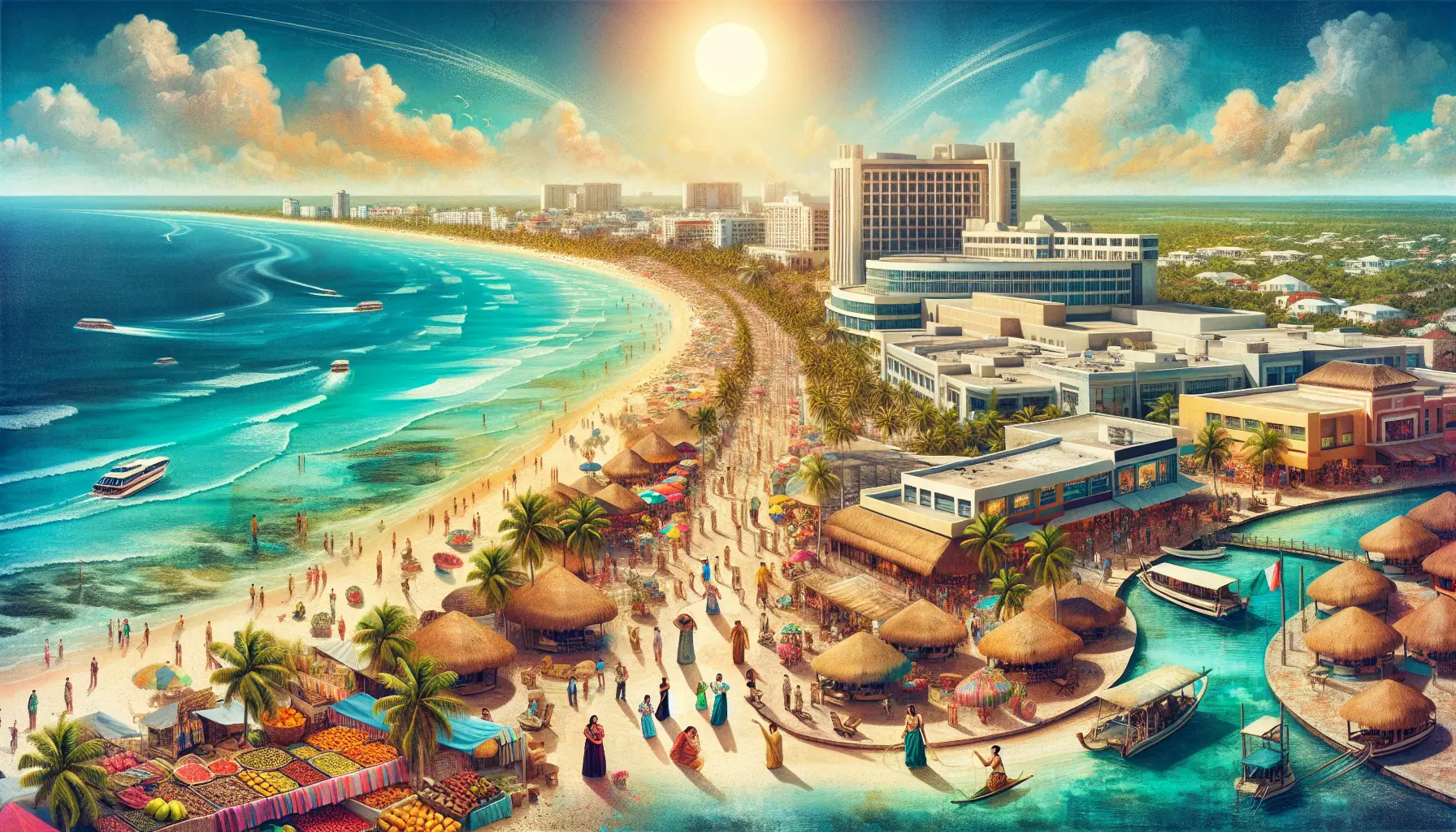
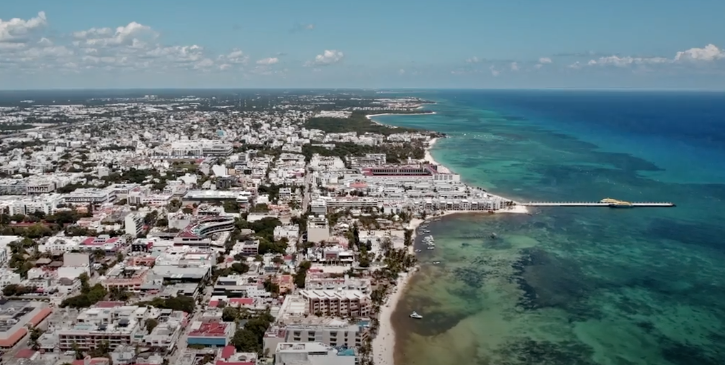








Comments (0)